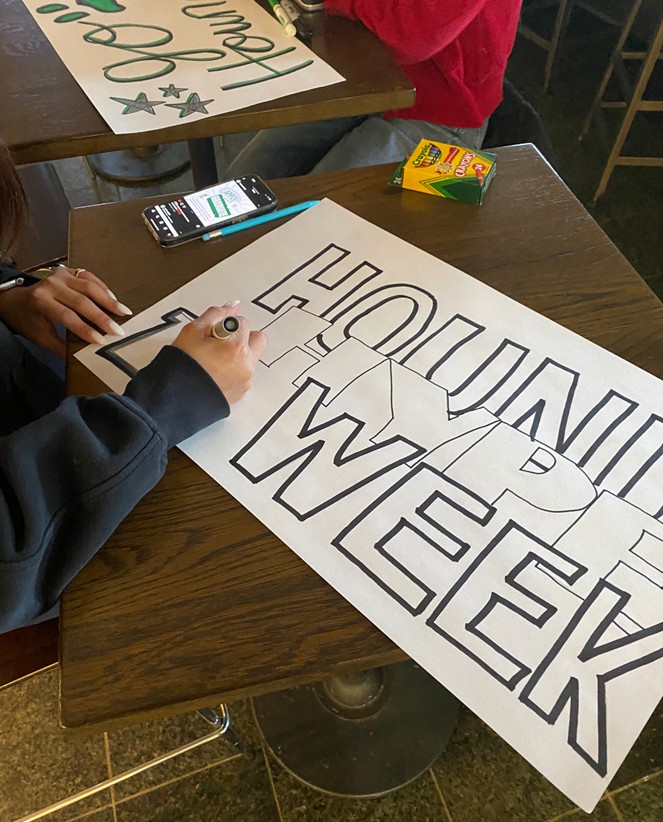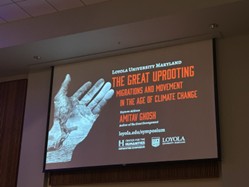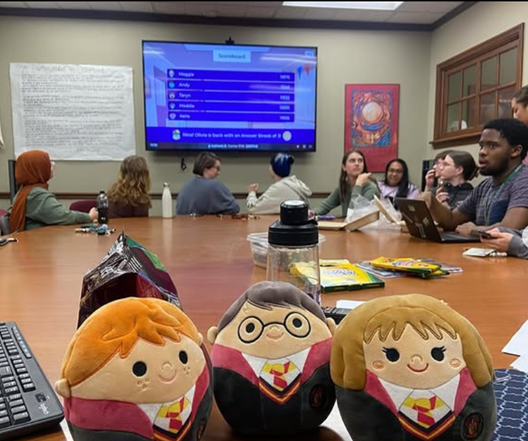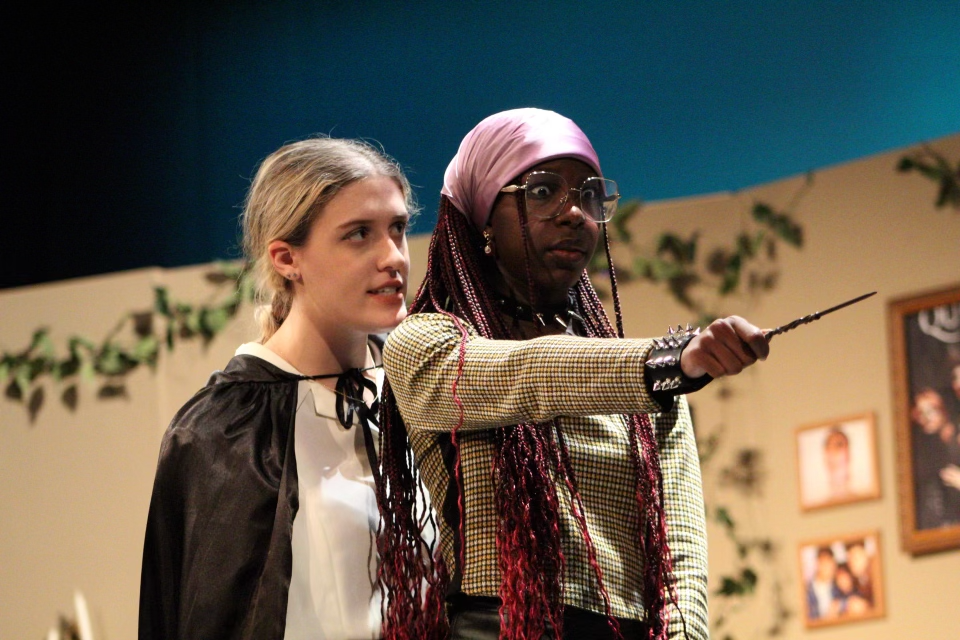On Wednesday, Nov. 9, Loyola’s Student Activities organization held a First Generation Student Panel in the Reading Room of the White Student Center. The panel consisted of five first-generation students at Loyola, who wanted to sit down and share their experiences with those who wanted to listen. A first generation students is one who is the first of the family to be accepted and to attend college, and eventually become the family’s first college graduate.
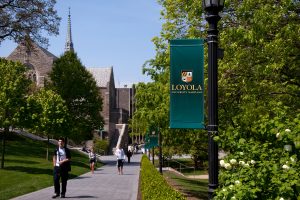
According to the Washington Post, unlike any other students, 69 percent of first generation college students say they want to earn a degree to give back to their families, and 61 percent aim to give back to their communities. This is in comparison to 39 percent of non-first-generation students who want to give back to their own homes, and 41 percent who want to give back to their communities.
Parents and siblings of “first-gen” college students often see their college-educated relatives as a savior, but many of those students feel “breakaway guilt,” as if higher education meant leaving their families behind. They feel they’re presented with an ultimatum: family or continuing your education. College creates an enormous burden of stress and anxiety on any student, and for first generation students, that burden is maximized.
One panel student reflected on the challenges she faced when she was a first semester freshman. “I’m an only child so I’ve always been independent and am not good at asking people for help, and so I never really talked to my professors,” she said. “I remember first semester finals I was in the library bathroom crying because I didn’t know what to do about my topic. I asked my parents for help and they just felt so helpless because they didn’t know what to say or what to do. Since then they’ve provided me with a lot of support, but I definitely learned to talk to my professors more.”

Most students have family to fall back on for advice or assistance with schoolwork, but first-generation college students are left to figure out how to manage these things on their own. Fortunately, at a school like Loyola, there are many resources available to struggling students who might not have that support system, like ALANA mentors, tutors in the Study and in the Writing Center, the Counseling Center, or even the Study’s time-management seminars.
Another panelist mentioned that a lack of support can be alienating and frustrating, but “No matter what, challenge yourself. I did and I ended up doing well in my classes. What helped me was using the resources that were available like the writing center or getting a tutor. I was intimidated but I ended up doing better than I thought I would.”
The main takeaway of this panel was that, no matter what you’re struggling with, there is an institutional resource or network that you can reach out to. Believe in yourself and strive for the best—use your education to help those who haven’t been given the same opportunities.
Feature Image: Nottingham Trent University Photo, Courtesy of Flickr













































































































